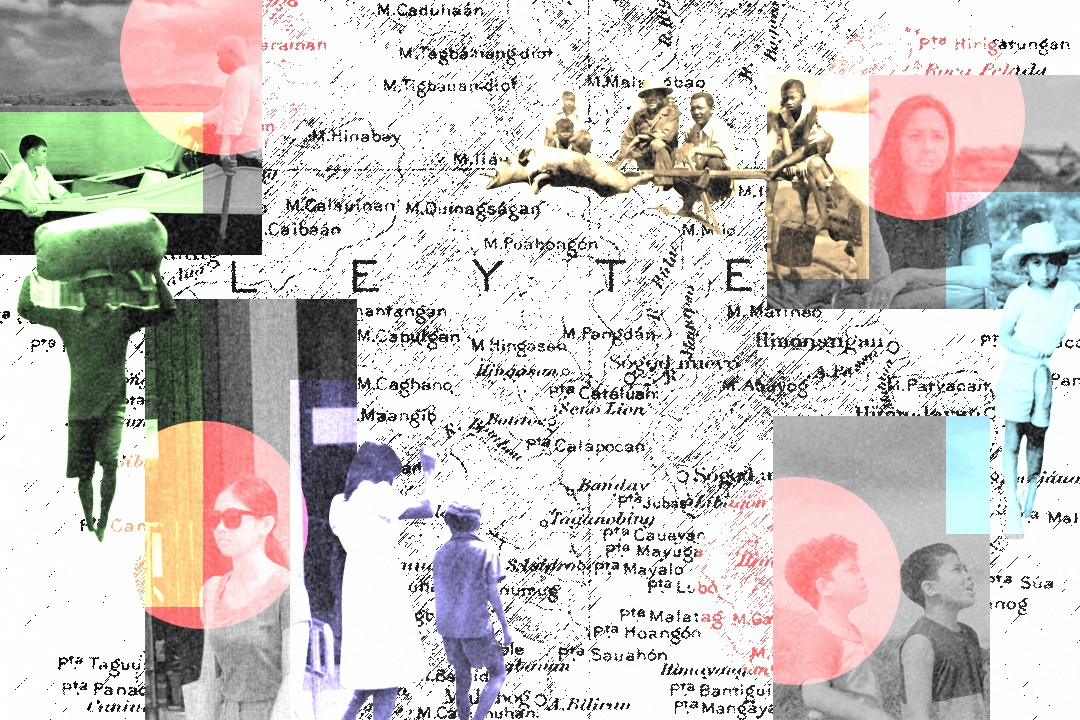‘Den of Thieves 2: Pantera’ REVIEW: Go big or go home
‘Den of Thieves 2: Pantera’ REVIEW: Go big or go home
Gerard Butler (left) and O’Shea Jackson Jr. (right) as Nicholas O’ Brien and Donnie Wilson / Still from IMDB
This review contains spoilers for Den of Thieves (2018).
Released in the United States 7 years ago, the first Den of Thieves was a sturdy, inconspicuous genre flick that wholeheartedly cribbed the core and turns of its story from various other entries in the crime movie canon, most notably Michael Mann’s magnum opus heist thriller Heat. What initially was primed as a cheap knock-off ultimately became a tight 2-hour blast that embraced its influences and laced them with an amoral venom as propulsion, tied together by Gerard Butler’s (Has Fallen trilogy) off-the-chain performance as gangster cop Nicholas “Big Nick” O’Brien.
After over half a decade since its predecessor, and the near-immediate greenlighting of its follow-up, Den of Thieves 2: Pantera, under the direction of Christian Gudegast (who made his directorial debut with the first film), is set to deliver the livewire goods once again. This time, a change in location, crew, and – most surprising of all – emotional breadth that might shake things up a little.
The last time we left Big Nick, things weren't going so well for him. Not only was he dealing with a messy divorce, but the bank robbery he thought he thwarted turned out to be an elaborate ruse and frame-up by the robbers’ supposed driver and stealth mastermind, Donnie Wilson (O’Shea Jackson Jr., Straight Outta Compton).
Now, with gnawing anger and desperation, O’Brien makes his way to the European continent. There, Donnie is working with the notorious Panther mafia on a plan to rob the highly secured World Diamond Center. When the two inevitably meet, Nick makes an unexpected proposition, one which launches both of them into another maze of logistics, toxicity, and gunfire, all the while a third party looms over Donnie to reclaim something he has taken from them.
O’Shea Jackson Jr. as Donnie Wilson / Still from IMDB
Pantera trades the previous film’s scummy Heat-like elements for riffs on European crime cinema and a somewhat breezier atmosphere as Gudegast intended (with him both citing Sexy Beast, and Ronin, as key influences). However, its core pace remains more of the same; over an hour of planning and character moments set the stage for a high-stakes heist at the center of the narrative. Alongside the scoping of geography, routes, and the necessary tools, the film actually hews closer to the vibe of a hangout movie of sorts, centering on Nick and Donnie’s strangely compelling dynamic with each other and what they get out of their roles in the heist. While none of this is exactly new or fresh, it's well-tread territory executed with both precision and a light hand. The dark humor lands in terms of comedy and character-building, and the steady direction helps the pared-down, but still ever tense action maintain its clarity.
This approach might be a double-edged sword, though. People looking for a full 360 from the previous movie might be a bit disappointed that, aside from the setting and general vibe, it might not be anything overtly new. Those who are coming in wanting that same vibe might be disappointed in the toned down venomous propulsion and slightly scattered momentum.
Though Pantera does suffer from a bit of meandering in its second act and the texture of the writing itself feeling a bit broad, the oftentimes leisurely pace does give a certain lived-in quality to its progression in spite of its adherence to tradition (or cliche, depending on your mileage). It’s as if base motivations and tangible real-life stakes deserve a concrete thorough layout as much as the heist plan.
Gerard Butler as Nicholas O’Brien / Still from IMDB
The film’s additional surprising element lies in the direction it takes for the emotional arc of its “bad guy” protagonist, Big Nick. The first movie, for all its dirtbaggery, still cast a sympathetic lens on the man, showing that beneath his brash, toxic machismo lies an emptiness and desire of control over his own life. Here, with his life further at rock bottom – due to the aforementioned divorce and talks of being fired from the force – he turns to decisions that speak to the level of his own desperation, seeking meaning in the violence that he commits or is about to commit.
Butler’s performance here comes off as a bit gruff and unsettled, but nevertheless, he maintains the noxious electricity that defines his character, albeit on a slightly bittersweet register. O’Shea Jackson Jr. also turns in a great showing as Donnie, his deadpan focus serving the film’s dual tones well. He humorously carries over his beleaguered chemistry with Butler, despite the changes in his character, and they both sell their intentions very well.
As the saying goes, “If it ain’t broke, don’t fix it”, and Den of Thieves 2: Pantera indeed follows through on that philosophy, serving a second round of patient, unraveling thrills that puts a bit more thought in its modest ambition as straightforward genre pastiche. The film runs the risk of unwieldiness in the midst of expanding the scope of its setting and mode of emotional interiority, but these small yet vital choices keep this from being a stale sequel, allowing Pantera to be the entertaining barnburner with a pitch-black beating heart it desires to be.
And to top it all off, it has an unexpectedly beautiful needle drop that might end up one of the most bizarre we’d get this year in film. An odd choice, but an especially welcome one. Bring on part three.
Den of Thieves 2: Pantera is now showing in Philippine cinemas through Pioneer Films.















